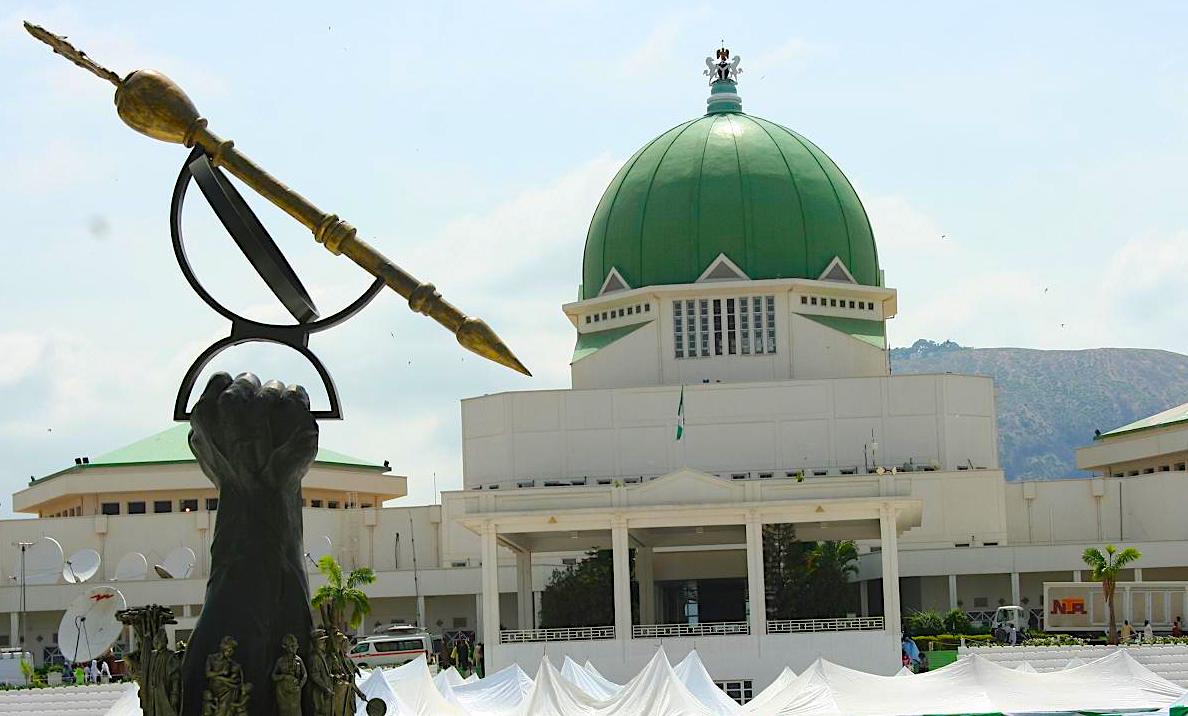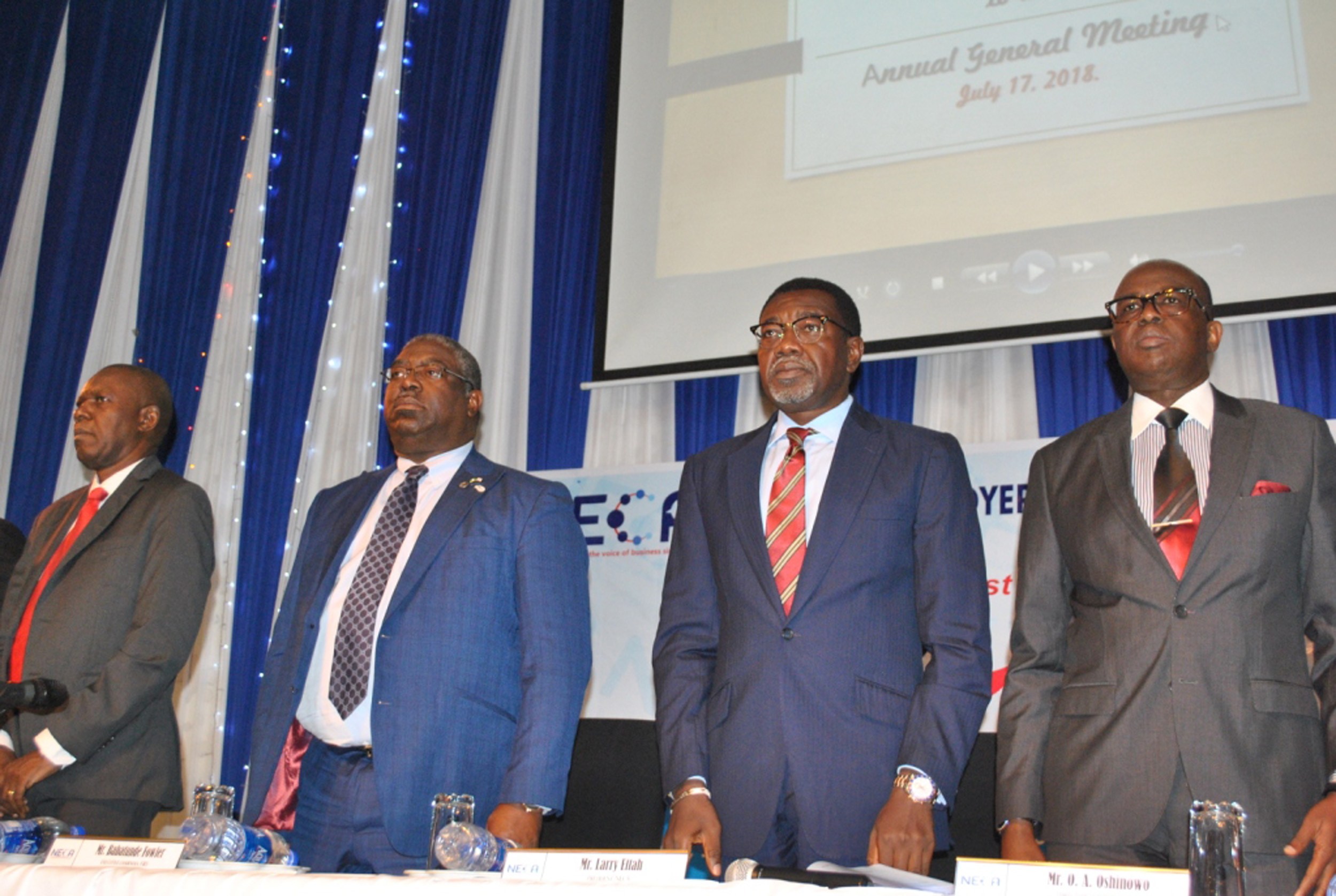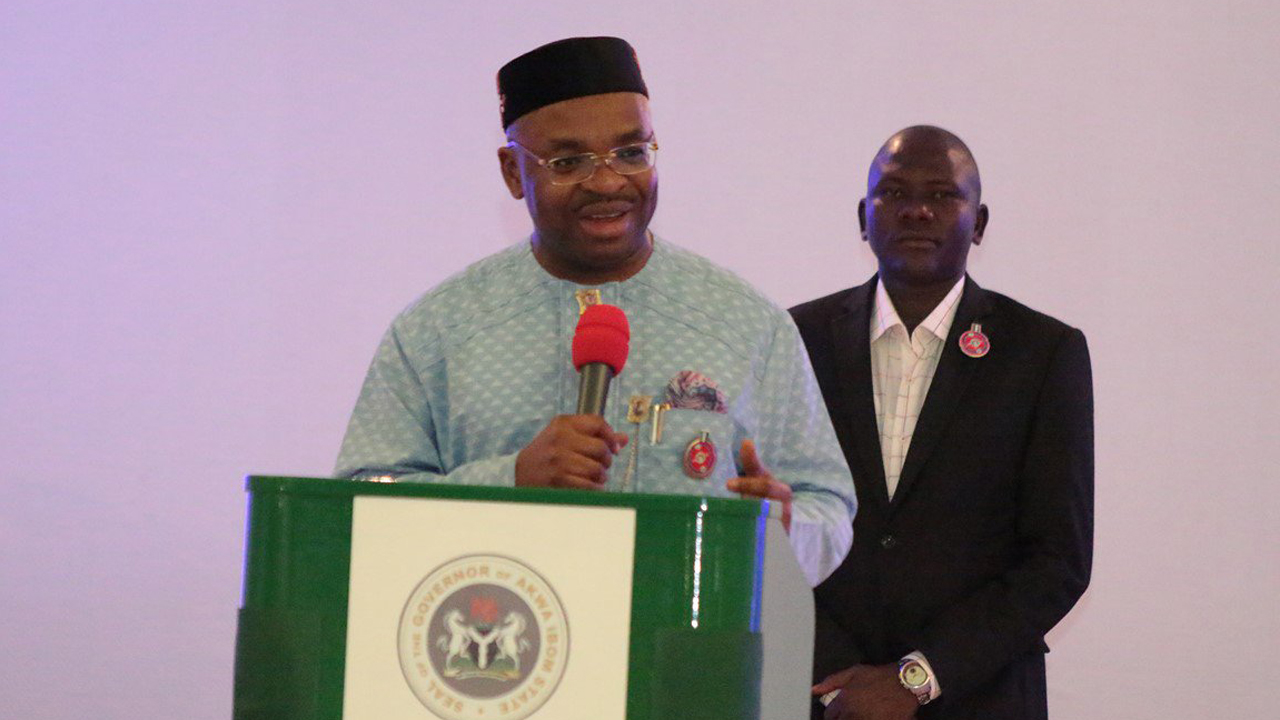Barely few months after the federal government unveiled its strategic national development roadmap called the Economic Recovery Growth Plan (ERGP), two nationwide strikes that tend to show that government may be insincere in the roadmap are ongoing.
These include the Academic Staff Union of Universities (ASUU) and Nigerian Resident Doctors across all federal government health institutions nationwide.
Investigations by the Business Hilights Economic Research Team (BHERT), the Business Intelligence Unit (BIU) of leading online business media, Business Hilights showed that whereas “The vision of the ERGP is one of sustained inclusive growth, it has three broad strategic objectives that will help achieve the vision of inclusive growth outlined above: restoring growth, investing in our people, and building a globally competitive economy”.
Explaining more on the strategy of the plan, the Minister of national Planning, Senator Udo Udoma in the ERGP document said “To restore growth, the Plan focuses on achieving macroeconomic stability and economic diversification. Macroeconomic stability will be achieved by undertaking fiscal stimulus, ensuring monetary stability and improving the external balance of trade”.
Another look on the performance and follow up of the plan by the government shows that with the ongoing nationwide ASUU and Doctors’ strike, the second broad aim which is ‘investing in our people’ has been embarrassed.
According to findings and positions of development economists, the twin strikes at a time, show that government may be lacking the required political will and interpretative intelligence to decode that when education of a people and their health are impaired, leadership quotient becomes highly vulnerable and to some extent, questionable.
On the first broad aim which is restoring growth vide structural economic transformation with an emphasis on improving both public and private sector efficiency, the kind of reforms capable of driving private sector investment is yet to be observed in the economy as interest rate is still over and above reach by Small and Medium Enterprises (SMEs).
Besides, power is still a scare commodity in the economy and there seems to be no short or workable medium term remedy as the administration enters deep into the third year in its four year tenure.
Even as the plan agrees that “to significantly grow the economy and achieve maximum welfare for the citizens, beginning with food and energy security,” there has been no clear focus on “the use of science, technology and innovation to drive growth because broadband and its data access is still far from the majority of Nigerians.









